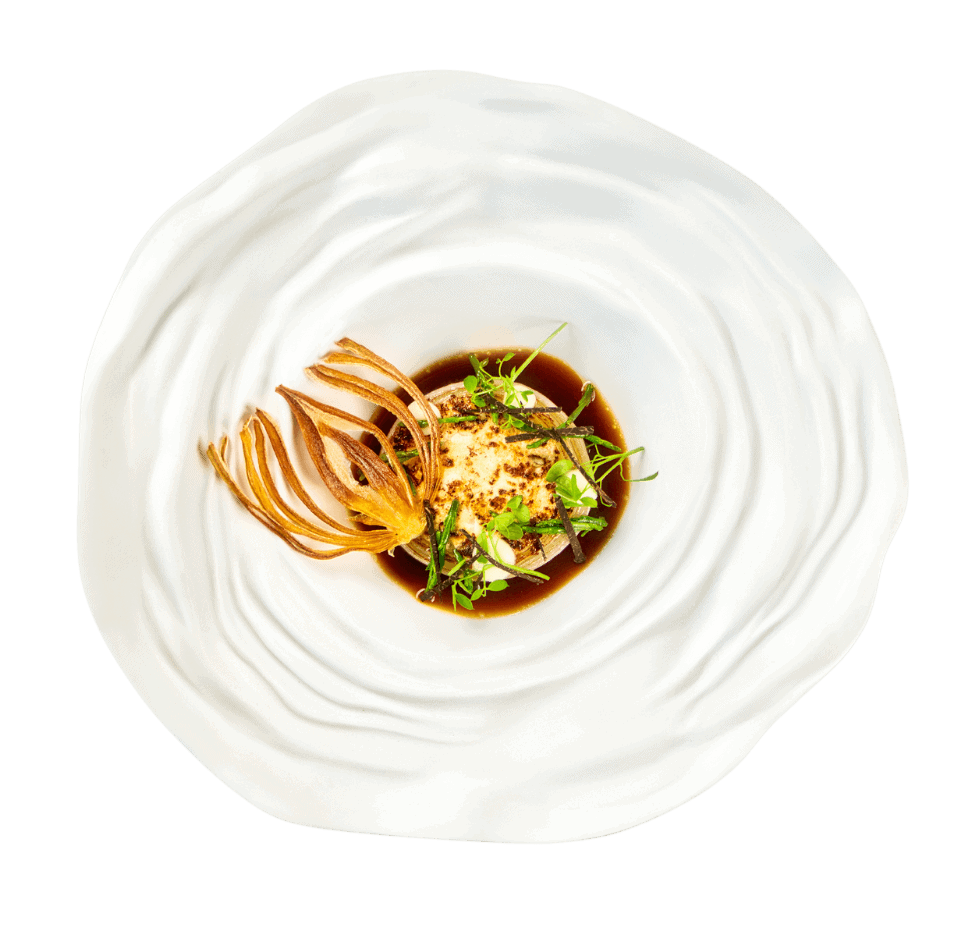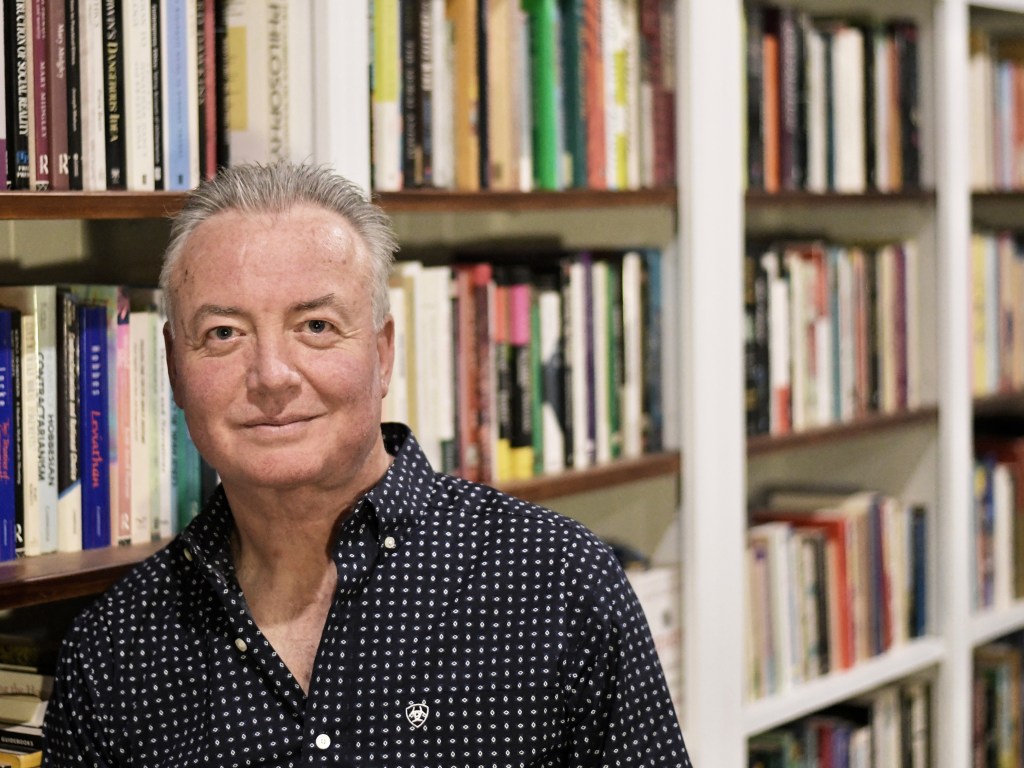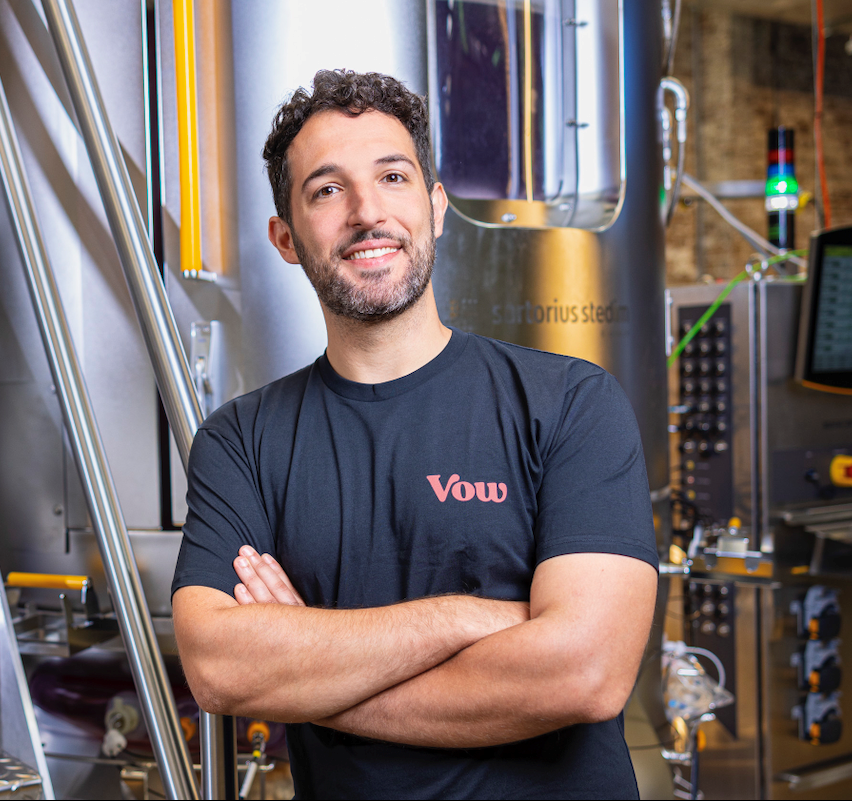The top ANZ food regulator has completed its safety investigation of its first cultivated meat product and entered the public consultation process.
Vow Foods applied to Food Standards Australia New Zealand (FSANZ) earlier this year to review its cultivated quail as a food ingredient. After months of safety investigations, the regulator has concluded that the product is safe to eat and will now collect input from the public for six weeks.
Approval of the quail would put Australia and New Zealand among the few countries to approve a cultivated meat product, following Singapore in 2020 and the US in 2023. Australia and New Zealand currently have four companies working in the cultivated meat ecosystem.

Cultivated meat production replicates the biological process of cell growth that occurs within an animal using a small sample of source cells from the animal and placing them into a bioreactor to grow.

In a press release from think tank Food Frontier, Executive Director Dr Simon Eassom said: “This is an exciting step, particularly because, as reinforced currently at COP28, innovative food technologies are going to become essential means of meeting the growing demand for meat without adding further to ecological and environmental degradation.
“Cultivated meat is one of the three pillars of alternative protein production with the potential to provide significant protein sources without the impacts that our current food systems have on the atmosphere, water use and eutrophication, as well as land use and the deforestation required to produce feedstock.”
Eassom also emphasised the importance of public confidence around the introduction of novel food categories to gaining acceptance.
“The ultimate success of Vow’s application will pave the way for Australia and New Zealand to take a lead in this exciting new era of food production,” Eassom added.
Vow CEO and co-founder George Peppou told Future Alternative that the company has been deeply impressed with the comprehensiveness and rigour of FSANZ’s process, which has attracted the attention of other countries.

“Safety is of the utmost importance to Vow, so we were glad to see that like us, FSANZ has concluded that our product is safe. As part of the public consultation process, FSANZ has posted hundreds of pages of data and analysis, including Vow’s lengthy application, so anyone with questions can find detailed information in those documents.”
In its call for public submissions, FSANZ is proposing a variety of labelling requirements for cultivated meat to avoid consumer confusion. It’s also important to note that FSANZ evaluates each novel food product on a case-by-case basis, meaning approval would not apply carte blanche across all cultivated meat products.

Novel meat and dairy proteins were officially endorsed by the UN on 8 December as a possible means to reduce greenhouse gas (GHG) produced by the global food system.
Consultancy firm McKinsey and Company projects that the global value of cultivated meat could reach up to $25 billion by 2030, with the alternative proteins sector potentially contributing $1.1 trillion to the global economy and generating up to 10 million new jobs by 2050.
To stay up-to-date on the latest industry headlines, sign up to Future Alternative’s enewsletter.
Posted on:


